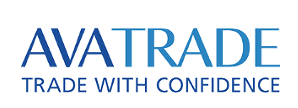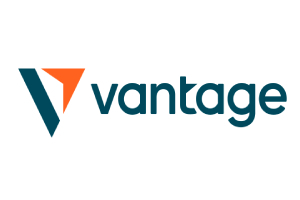Recently, the Solana network has been experiencing congestion issues, causing significant delays in transaction processing and a high rate of transaction drops. Users, including those of the popular Phantom wallet app and other applications on Solana, have been alerted to the congestion, warning of prolonged transaction wait times.
The congestion primarily stems from a surge in spam transactions, as bots attempt to prioritize their activities over regular user transactions.
This problem is compounded by a sharp rise in transactions linked to newly released memecoins, which has led to an unprecedented demand for block space on the network, restricting access for many users.
During the first quarter of 2024, the Solana blockchain witnessed a substantial surge in memecoin activity, with the number of new tokens listed on Solana decentralized exchanges (DEXs) hitting an all-time high.
This surge, predominantly fueled by meme coins, highlights the growing interest in Solana among both new and retail users, drawn in by the network’s cost-effective transaction fees.
Matt Sorg, a tech and product leader at the Solana Foundation, likened Solana’s architecture to that of the internet’s infrastructure. In Solana’s design, individual validators process transactions directly, eschewing the need for a mempool, akin to how IP endpoints and servers operate on the internet.
Sorg elaborated that the network sends transactions directly to block leaders, bypassing any staging model or mempool where transactions typically queue before being added to the chain.
He cautioned that an overload of spam transactions could overwhelm this system, potentially leading to the dropping of numerous transactions.
To address these obstacles, the Solana development team is actively formulating effective solutions, with software patches already in progress. However, co-founder Anatoly Yakovenko noted that these efforts will require some time to be fully implemented.
The current congestion may extend to the network’s infrastructure, potentially impacting users’ ability to engage with the blockchain.
Anza, the developer behind one of Solana’s Agave validator clients, plans to introduce fixes targeting specific issues with its QUIC implementation, aimed at enhancing performance, especially in scenarios with high request volumes.
Additionally, a significant step forward is the upcoming release of the 1.18 update scheduled for April.
This update will bring improvements to transaction scheduling, aiming to make it more deterministic, thereby streamlining processing and reducing bottlenecks.Moreover, the implementation of priority fees is crucial.
Many applications on Solana currently do not utilize priority fees, resulting in delayed or unprocessed transactions. Integrating dynamic priority fees into decentralized applications (dApps) will help address user experience issues, as highlighted in a March blog post from Solana Labs.
To have the best trading experience with us, open an account at Longhorn.
- Broker
- Min Deposit
- Score
- Visit Broker
- Award-winning Cryptocurrency trading platform
- $100 minimum deposit,
- FCA & Cysec regulated
- 20% welcome bonus of upto $10,000
- Minimum deposit $100
- Verify your account before the bonus is credited
- Fund Moneta Markets account with a minimum of $250
- Opt in using the form to claim your 50% deposit bonus
Learn to Trade
Never Miss A Trade Again

Signal Notification
Real-time signal notifications whenever a signal is opened, closes or Updated

Get Alerts
Immediate alerts to your email and mobile phone.

Entry Price Levels
Entry price level for every signal Just choose one of our Top Brokers in the list above to get all this free.



